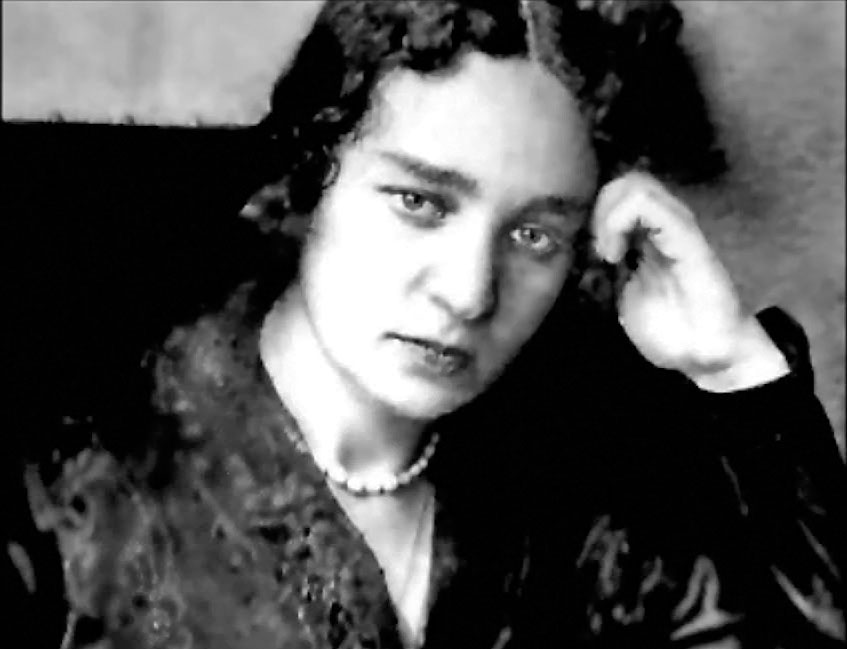
Judina's ideas are always illuminating, even when they are too much aimed at utopia, as in this so profoundly revealing execution.
"The manner in which Judina performed the last sonata of the Bonn composer is particularly striking. The second part is of exceptional length and very boring, but she not at all feels its weight".
This is the curious comment by Shostakovich on the exceptional performance of his classmate.
Judina's ideas are always illuminating, even when they seem paradoxical, even when they are too much aimed at utopia, as in this so profoundly revealing execution.
Judina does not want Beethoven to cross the threshold of the new century, of the romantic and pantheistic nineteenth century, but she keeps him firm in the illuministic classicism.
For Judina the two essential poles of classicism are the Sturm und drang and the joyful, childlike serenity of the purely human becoming supreme wisdom.
The very high pathos in her performance of the first movement of the Sonata has a Schillerian dramatic force, it is neither romantic nor pre-romantic.
It should also be noted how the unity of time is swept away by the very clear differentiation of speed between the first thematic group and the second theme.
The second movement is instead performed by Judina with a vital commitment of extraordinary, joyful serenity.
She takes a very short time, 13'39", but she does not give the impression either of being rushed or of the race that obscures comprehensibility.
The metaphysical arabesques of the fourth variation, of which many interpreters savour every sound in a astonished, sacred murmur of prayer, become with Judina pointillistic trails, comet tails darting into the sky...
Maria Judina plays Beethoven Sonata Op. 111
• Part 1 Maestoso
• Part 2 Arietta. Adagio molto semplice e cantabile